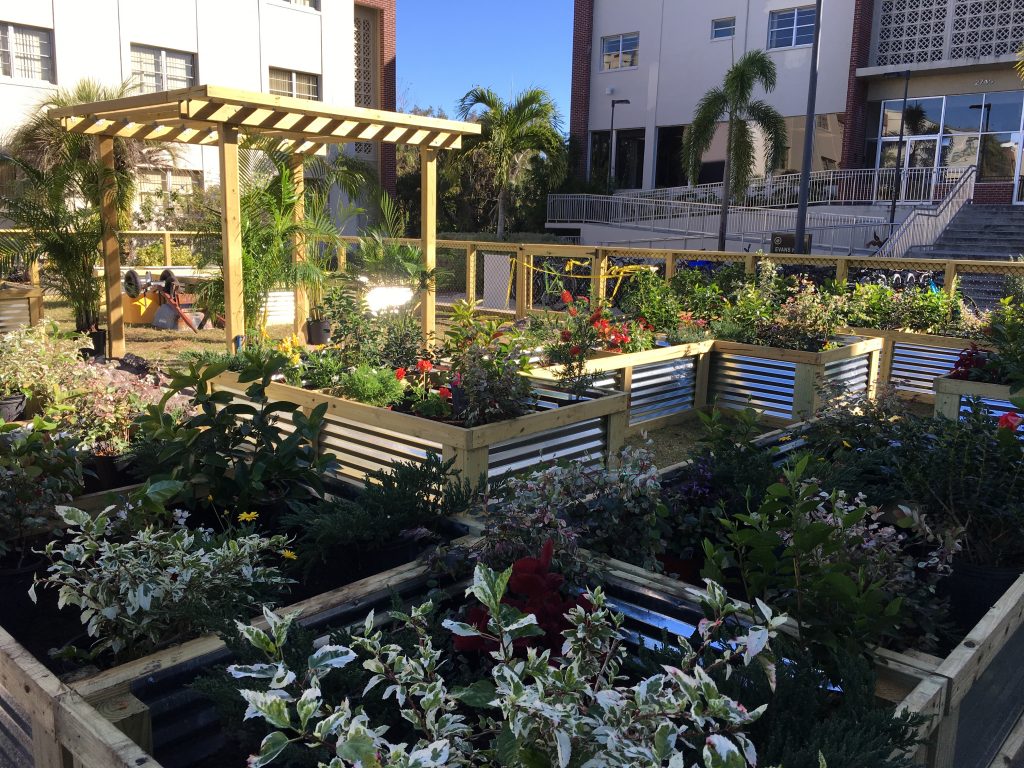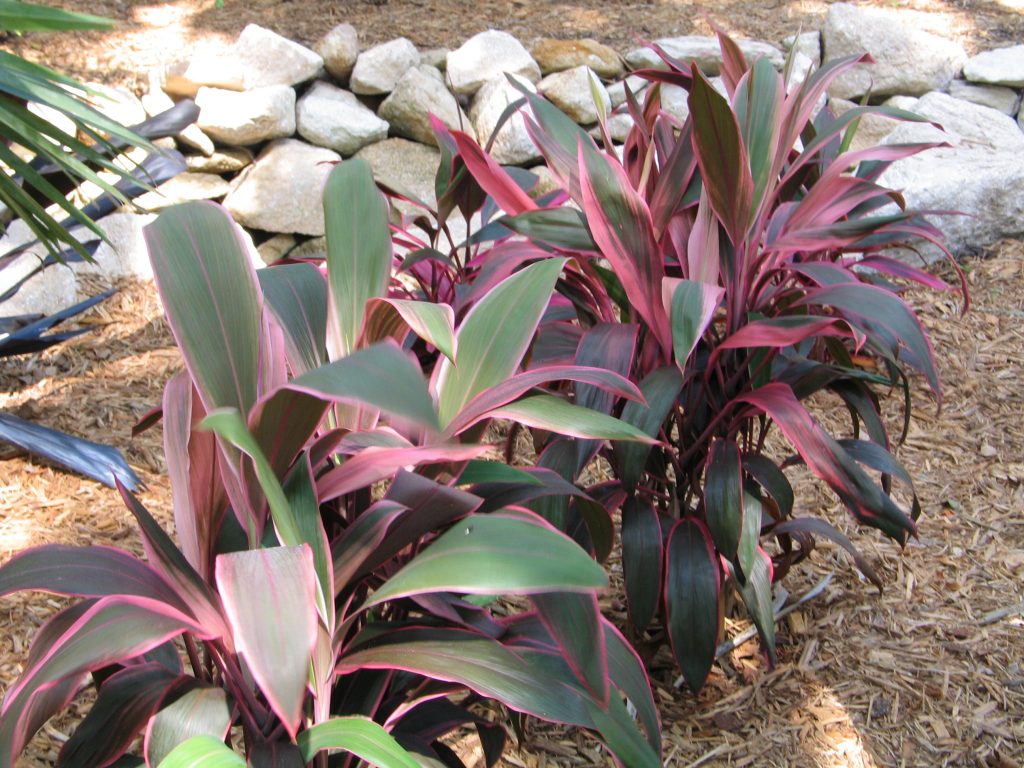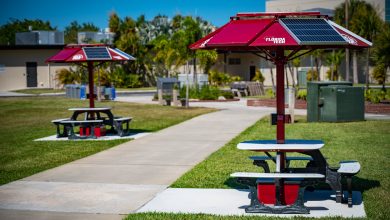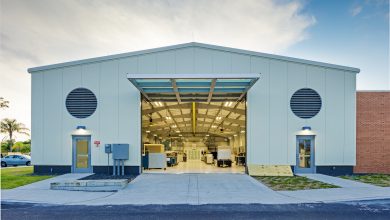Celebrate Earth Day Everyday
Earth Day is celebrated once a year. But at Florida Institute of Technology, students, faculty and staff have committed on a daily basis to reimagine and redesign more sustainable and interactive living, learning and working spaces. Through years of efforts, the university has introduced many innovations and fostered a more sustainable campus and community culture.
Sustainability is increasingly central to life at Florida Tech. So as part of Florida Tech’s Earth Week celebration, members of the Student Organization for Sustainability Action (SOSA) will be on hand at Crawford Green from 10 a.m. to 2 p.m., Wednesday to share information on native plants and lawn care in Florida.
Students will also be giving out native plants, seeds, reusable bags and organic samples.
Ken Lindeman, a professor of education and interdisciplinary studies at Florida Tech says native plants bring many special features to a Florida landscape. Including the fact that they often require less water and fewer fertilizers – if any – which protects our lagoon.
“Native plants are essential for Florida native pollinators whether it’s butterflies, bees or moths,” Lindeman said. “And in terms of the benefits to Florida wildlife there is no comparison of diverse native plants vs. a monoculture turf lawn.”
A Serious Problem
According to the Florida Department of Agriculture and Consumer Services approximately 46 percent of the federally listed threatened and endangered species in the United States are in danger because of invasive species. By definition – an invasive species is not native to a particular ecosystem and introducing it can cause both environmental and economic harm.
For example, in Florida, Brazilian Pepper trees, which were imported into Miami in 1898, have created a serious problem for a variety of reasons that include providing refuge for a particular type of weevil that is a serious pest of the state’s citrus crop.
Invasive plants are often introduced accidentally by human activity, like the destruction of habitats for development.
There are invasive plants in our lakes and rivers that interfere with flood control and impede boat travel – resulting in a negative economic impact to the neighboring communities.
How big of an impact? In 2009, the U.S. Department of Interior reported that invasive plants are estimated to cost the U. S. economy $123 billion per year.
Because when native plants are eliminated, so are the insects that eat them. And then the animals and birds that eat those insects have lost their food source.
Native Soil

Florida Tech has made a firm commitment to reducing its environmental footprint and promoting sustainable practices.
Right in the heart of campus, Florida Tech’s botanical garden is home to 15-acres of palms, bamboos and other botanicals. And for 12 years the school has hosted an annual Botanical Fest Plant and Garden Sale. The event brings together local plant and garden vendors, offering palms, exotics, native plants, ornamental shrubs, bamboo and flowering plants.

Florida Tech also recently celebrated the grand opening of its Ethos Community Garden.
And the commitment to sustainability is not only on campus – but also in the community. Students often participate in community projects like a mangrove planting event that involved 75 students who worked with the Marine Resources Council to plant over 60 mangroves in Cape Canaveral.
Earth Day Everyday: Creating a Florida Friendly Landscape
Make a difference right in your own yard by learning how to create a Florida friendly landscape. Becoming familiar with what species are native to Florida is the first step.
First of all, to learn more, visit a native nursery like Maple Street Natives, a nursery exclusively dedicated to Florida native plants. In addition you can research how to receive Lagoon Friendly Lawn certification through Keep Brevard Beautiful.
As Florida Tech’s Horticulturist and Manager of Grounds, Holly Chichester doesn’t mince words. She says it’s quite simple – we need native plants to maintain the dynamic of our native ecosystem.
“There is an indestructible bond between native plants and native wildlife,” Chichester said. “Native insects can’t or more accurately won’t, reliably eat non-native plants.”
So Chichester encourages people to learn how to have a “Florida Friendly” landscape.
“In planting native plants, you are promoting Florida’s abundant natural history and encouraging the perpetuation of our native ecosystems,” Chichester said. “When native plants disappear, so do native insects; subsequently, the food source for birds and other critters is reduced. That never ends well.”
%CODE1SUSTAINABILITY%





